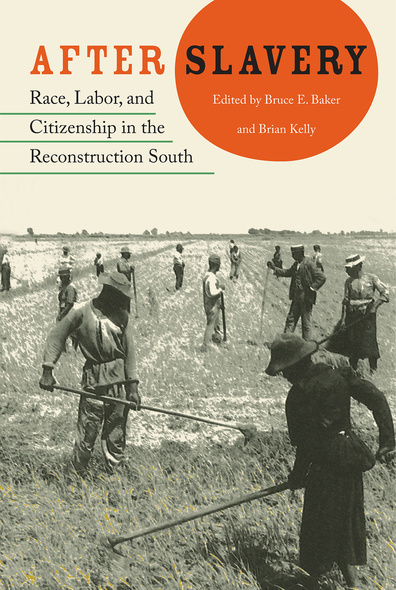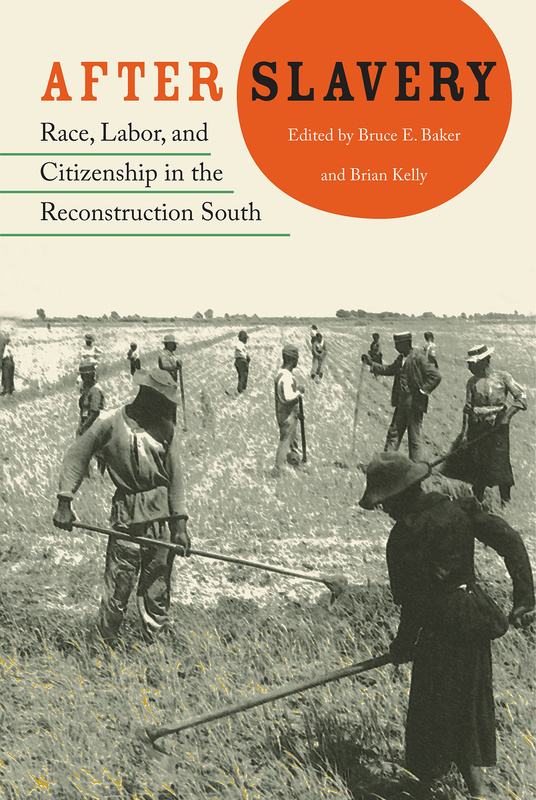Our shopping cart is currently down. To place an order, please contact our distributor, UTP Distribution, directly at utpbooks@utpress.utoronto.ca.
After Slavery
Race, Labor, and Citizenship in the Reconstruction South
"Is there really anything new to say about Reconstruction? The excellent contributions to this volume make it clear that the answer is a resounding yes. Collectively these essays allow us to rethink the meanings of state and citizenship in the Reconstruction South, a deeply necessary task and a laudable advance on the existing historiography."—Alex Lichtenstein, Indiana University
Freedom for African Americans is often assumed to have been granted and fully realized when Abraham Lincoln issued the Emancipation Proclamation. In reality, the meaning of freedom was vigorously, often lethally, contested in the aftermath of the Civil War. After Slavery moves beyond broad generalizations concerning black life during Reconstruction in order to offer a well-rounded portrait of the era.
Topics include urban unrest in New Orleans and Wilmington, North Carolina, loyalty among former slave owners and slaves in Mississippi, armed insurrection along the Georgia coast, and racial violence throughout the region.
Highly recommended.’—Choice‘The essays highlight how the Reconstruction era was truly a tumultuous period in which black self-determination, the plight of white yeoman farmers, labor radicalism of urban workers, and the desires of emasculated masters converged. . . . Will truly enhance both undergraduate and graduate courses on the legacy of emancipation, and, most importantly, they will spark new avenues of research for young scholars.’—Reviews in American History ‘Persuasively argues that many questions remain unanswered about this frequently misunderstood period in American history. . . . The authors in this collection provide nuanced interpretations for understanding the divergent experiences of laborers throughout different parts of the country.’—Southern Historian
Bruce E. Baker, lecturer on American history, Newcastle University, is the author of numerous books, including What Reconstruction Meant. Brian Kelly, director of the After Slavery Project and reader in the School of History and Anthropology at Queen’s University Belfast, is the author of Race, Class, and Power in the Alabama Coalfields, 1908-21.





